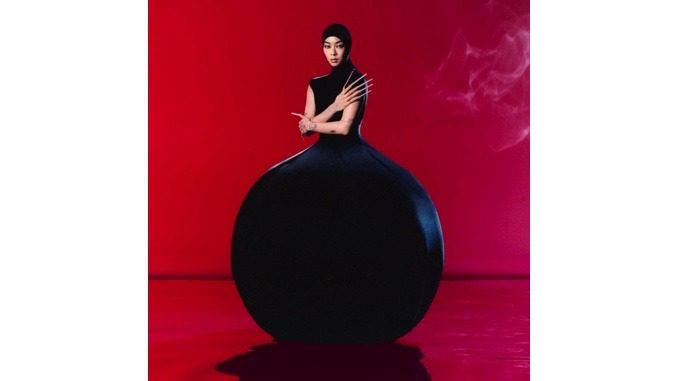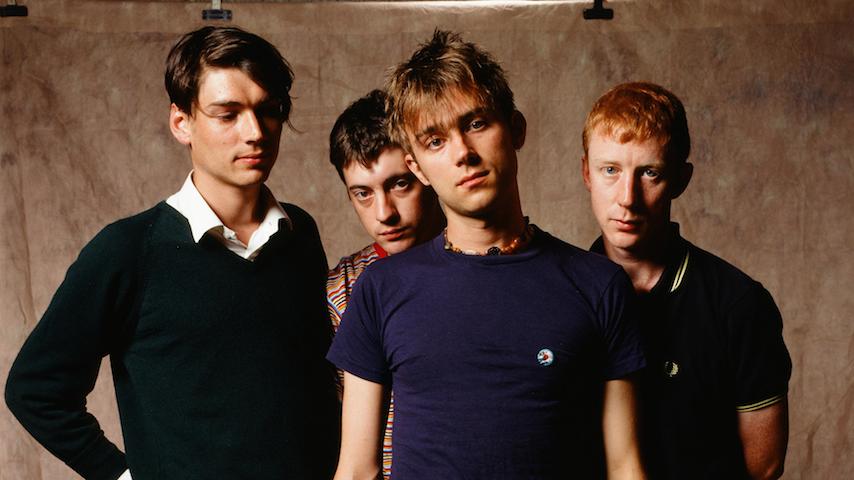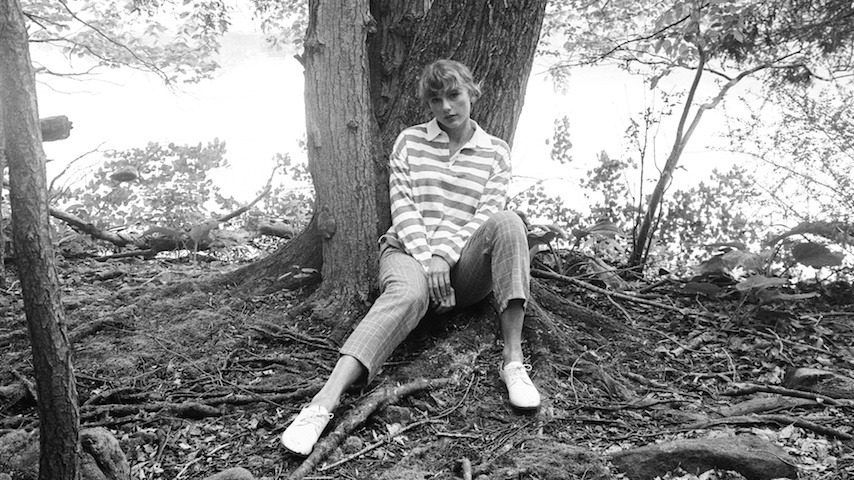In her music, Rina Sawayama flattens time. On the Japanese-British pop artist’s breakout debut LP, 2020’s SAWAYAMA, songs about childhood family tension sat comfortably next to modern-day critiques of capitalism and racist microaggressions, and she tinged her music, clearly indebted to early-aughts Britney and nu-metal, with a late-2010s electronic sheen. Even on her very first hit, 2018’s city-pop-inflected “Cherry,” she jumped between shyly admitting her queerness in the present tense and envisioning a future where she would be out and proud. Her music has earned her a vast, largely queer fanbase given her subject matter; her tightrope walk among vulnerability, ire and camp; and her wide-ranging, theatrical voice—at her live shows, she effortlessly hits even her highest notes, and her technical prowess elevates the experience.
Hold the Girl, Sawayama’s sophomore album, is largely grounded in the past. The LP stems from Sawayama venturing into therapy to process a toxic childhood experience; she’s said that inner-child work inspired many of the album’s songs. Where her lyrics mostly take place in the rearview mirror, her music is more forward-thinking, a grand attempt to capitalize on her recent features on Charli XCX tracks and Lady Gaga remixes, not to mention her successful campaign to change the prestigious BRIT Awards’ formerly xenophobic rules. Big-time mainstream pop co-producers and co-writers such as Paul Epworth and Stuart Price boast album credits alongside her longtime co-producers and co-writers Clarence Clarity and Lauren Aquilina, resulting in newly grander music dutifully engineered to reach the masses with her message that “the personal is political.” In centering her journey toward healing, she gives her fans space to process their own traumas and unravel toxic narratives.
Many of Hold the Girl’s best tracks lean into glitchy electronics, with humongous gyrating synths and percussive patterns. “Your Age” builds toward digital blasting that sounds arena-ready and like a long-dormant volcano exploding, and Sawayama’s studio-manipulated, low-pitched snarling evokes dissociative rage. “Why did you do it, what the hell were you thinking?” she sings, sounding as angry as her brooding, searing synths; it’s the closest she comes to head-on addressing the incident that sent her to therapy, even if she only circles around it. On “Holy,” over a bouncing synth line equally melancholy and apt to rev up a huge crowd, she describes someone robbing her of a serene childhood: “I was innocent when you said I was evil / I took your stones and I built a cathedral.” She leaves out key details as she mines her past, inviting listeners to dance away their horrors while preserving her stories for herself.
Sawayama’s voice carries the more traditional pop tracks across the finish line. Atop “Catch Me in the Air,” she reaches into her highest register, adding tenderness not always present in guitar-and-piano-driven festival ballads. The title track launches into a skittering, Burial-esque drum machine beat that cedes to booming drums and a key change, the bread and butter of smarmy pop classics. Her robust voice keeps these tracks on the right side of the cheesy/affecting divide, exemplifying Hold the Girl’s niftiest trick. Often, when Sawayama looks back on her past to inform her present, she leans into her new collaborators’ radio-pop bona fides and sings her way into earnestness.
Sawayama’s pop ambitions minimize some of her debut’s most endearing traits. Gone are the metal guitars she fit into pop forms with astonishing precision; Hold the Girl’s focus on inner-child work leaves little room for SAWAYAMA’s often tongue-in-cheek lyricism. “This Hell,” the queer alt-pop song of the summer, is the exception and perhaps the album’s zenith. It’s a pop anthem that winkingly calls for queer unity in the face of endless new anti-LGBTQ+ movements; the guitar line, though country-indebted, is produced with the same fire as SAWAYAMA’s slashers. It’s also a rare moment where Sawayama steps outside herself on the album, as is the heartrending acoustic ballad “Send My Love to John,” a semi-fictional diary entry from an immigrant mother to her estranged queer son. When she explores queer narratives beyond her own, she creates some of her best work.
The vigor of SAWAYAMA’s sweatiest singalongs lingers around the edges of “Phantom,” Hold the Girl’s strongest pop-forward inner-child anthem. “I was wrong to assume / I would ever outgrow you / I need you now / I need you close,” Sawayama calls back to her younger self as showy guitar solos abound; the bass piano line and sky-reaching chorus vocals evoke Evanescence, a stated inspiration for SAWAYAMA. You can almost hear the festival crowds belting along in the distance. On Hold the Girl, Sawayama opens the window to her truth, and the light that shines through is liberating.
Sometimes, Max Freedman sits and writes about music, and sometimes, he just sits. Oh, and sometimes, he critiques, too. Follow him on Twitter and find his writing at Pitchfork, MTV News, The Creative Independent and, of course, here at Paste.




